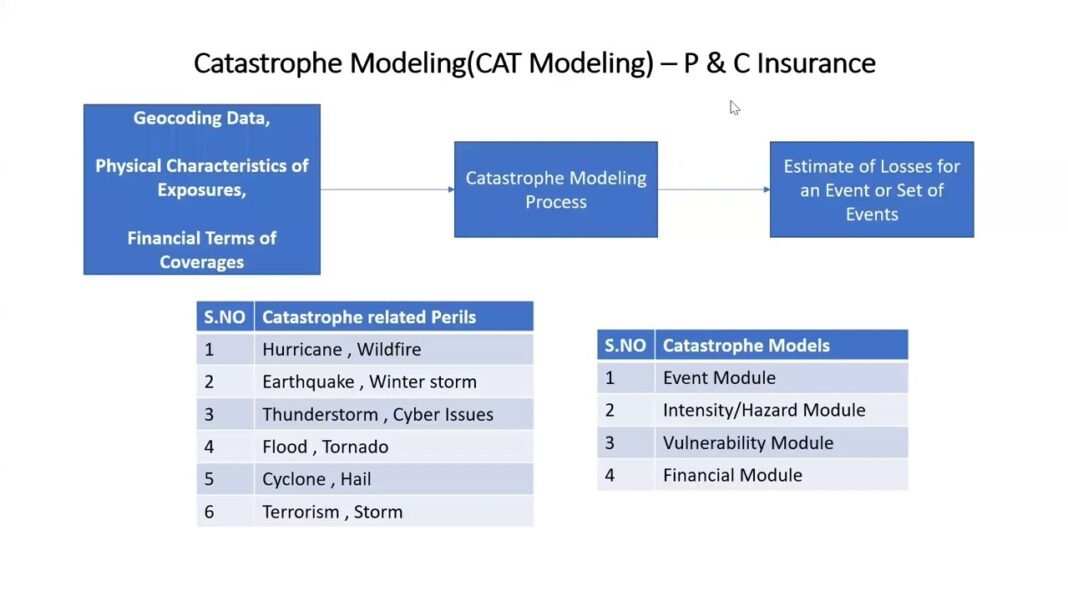From weddings and corporate conferences to music festivals and sports events, organizing any type of event requires meticulous planning and execution. Despite all efforts, there are always unforeseen circumstances that can disrupt or even cancel the event. And with the high costs involved in organizing such events, the consequences of these unforeseen incidents can be financially devastating.
This is where event insurance comes in as a crucial safeguard, providing financial protection against unpredictable risks. In this comprehensive guide, we will delve into the world of event insurance, exploring its intricacies, benefits, and crucial elements to consider for effective risk management.
What is Event Insurance?
Event insurance is a type of coverage that protects event organizers from potential financial losses due to unforeseen incidents during an event. It provides coverage for events such as weddings, conferences, concerts, festivals, and more.
The coverage typically includes liability insurance, which protects against third-party claims for bodily injury or property damage, and cancellation insurance, which covers expenses incurred due to the event’s cancellation or postponement. Depending on the policy, event insurance may also cover other risks such as extreme weather conditions, vendor no-shows, and technical failures.
Benefits of Event Insurance

The benefits of event insurance go beyond just financial protection. Here are some reasons why event insurance matters and how it can benefit event organizers:
Peace of Mind
One of the primary benefits of event insurance is peace of mind. Organizing an event involves countless logistics, and despite the best efforts, there will always be factors beyond control. With event insurance in place, event organizers can rest easy knowing that they have a safety net to fall back on in case something goes wrong.
Financial Protection
As mentioned earlier, the financial implications of unforeseen incidents during events can be significant. Event insurance provides coverage for various risks, ensuring that event organizers do not bear the costs alone. This financial protection can save organizers from incurring heavy losses and even bankruptcy.
Protects Against Third-Party Claims
Accidents happen, and sometimes they can result in third-party claims for bodily injury or property damage. Event insurance includes liability coverage that protects event organizers against such claims. This coverage is particularly crucial for events with a large number of attendees, where the risk of accidents is higher.
Customizable Policies
Event insurance policies can be tailored to suit the specific needs and risks associated with different types of events. From small private gatherings to large-scale concerts, there are various options for event organizers to choose from based on their requirements. This flexibility allows for better risk management and cost-effective coverage.
Types of Event Insurance

There are several types of event insurance policies, each offering varying levels of coverage. It’s essential to understand these types of insurance to determine the most suitable policy for your event. Here are some common types of event insurance:
Liability Insurance
As the name suggests, liability insurance covers third-party claims for bodily injury or property damage during an event. This type of insurance is crucial for events where there is a high risk of accidents, such as sports events, music festivals, and concerts.
Cancellation Insurance
Cancellation insurance covers expenses incurred due to the cancellation or postponement of an event. This can include venue costs, vendor fees, and other non-refundable expenses. Cancellation insurance is particularly important for events that involve high upfront costs, such as destination weddings or large conferences.
Weather Insurance
Weather insurance provides coverage for events that are affected by extreme weather conditions, such as hurricanes, floods, or snowstorms. It typically covers cancellation costs, property damage, and additional expenses incurred due to weather-related incidents.
Non-Appearance Insurance
Non-appearance insurance covers events where a key individual, such as a performer, guest speaker, or VIP, is unable to attend due to unforeseen circumstances. This type of insurance is crucial for events that heavily rely on a specific individual, as their absence could significantly impact the event’s success.
Property Insurance
Property insurance covers damages to event equipment and property due to incidents such as fire, theft, or vandalism. It’s particularly important for events with high-value equipment, such as concerts or trade shows.
How to Choose the Right Event Insurance
Selecting the right event insurance policy can be overwhelming, given the various options available. Here are some factors to consider when choosing the most suitable coverage for your event:
Analyze Your Risks
The first step in choosing the right event insurance is to assess your risks. Consider the type of event, the number of attendees, the location, weather conditions, and any other potential risks specific to your event. This will help you determine which types of insurance are essential for your event and the level of coverage required.
Understand Policy Coverage
It’s crucial to thoroughly understand what each policy covers to ensure it meets your event’s needs. Some policies may have exclusions or limitations, so be sure to read the fine print before signing up for an insurance policy. If necessary, consult an insurance professional to explain any confusing terms or clauses.
Compare Quotes
When considering different insurance providers, make sure to compare quotes from at least three different companies. This will give you a better idea of the cost of coverage and the services included in each policy. However, keep in mind that the cheapest option may not always provide adequate coverage, so choose wisely.
Consider Past Experience
If you’ve organized similar events in the past, consider any incidents that occurred and how they were handled. Based on this experience, you can determine which types of insurance are most crucial for future events. Additionally, if you’ve worked with a particular insurance provider before, you may want to consider their services again.
Case Studies/Examples
To further illustrate the importance of event insurance, let’s look at some real-life examples where it has been a crucial factor in saving events from unexpected circumstances:
Super Bowl XLVII – Power Outage
In 2013, Super Bowl XLVII made headlines for an unexpected incident that caused a 34-minute power outage. The sudden blackout disrupted the game and left millions of viewers and attendees confused. However, thanks to event insurance, the Superdome’s management did not have to bear the costs of this incident, which amounted to around $20 million.
Glastonbury Festival – Extreme Weather Conditions
In 2005, the Glastonbury music festival faced heavy rains that turned the site into a mudbath, making it impossible for many performers to take the stage. Despite the disappointing turn of events, the festival organizers did not suffer any financial losses as they had weather insurance in place.
Royal Wedding of Prince William and Kate Middleton – Non-Appearance Insurance
The royal wedding of Prince William and Kate Middleton was one of the most highly anticipated events of the decade. However, due to the volcanic eruption in Iceland, the couple’s honeymoon plans were affected, resulting in cancellation fees incurred by their travel arrangements. Luckily, their non-appearance insurance policy covered these expenses, amounting to about $13,000.
Conclusion
Event insurance is a crucial element often overlooked when organizing events. It serves as a safety net, providing financial protection against unforeseen incidents that could jeopardize or cancel the event altogether. From liability coverage to cancellation insurance, there are various types of policies available to suit different event needs. By understanding the risks involved and carefully selecting the right insurance policy, event organizers can ensure a smoother and more secure event experience for themselves and their attendees.


